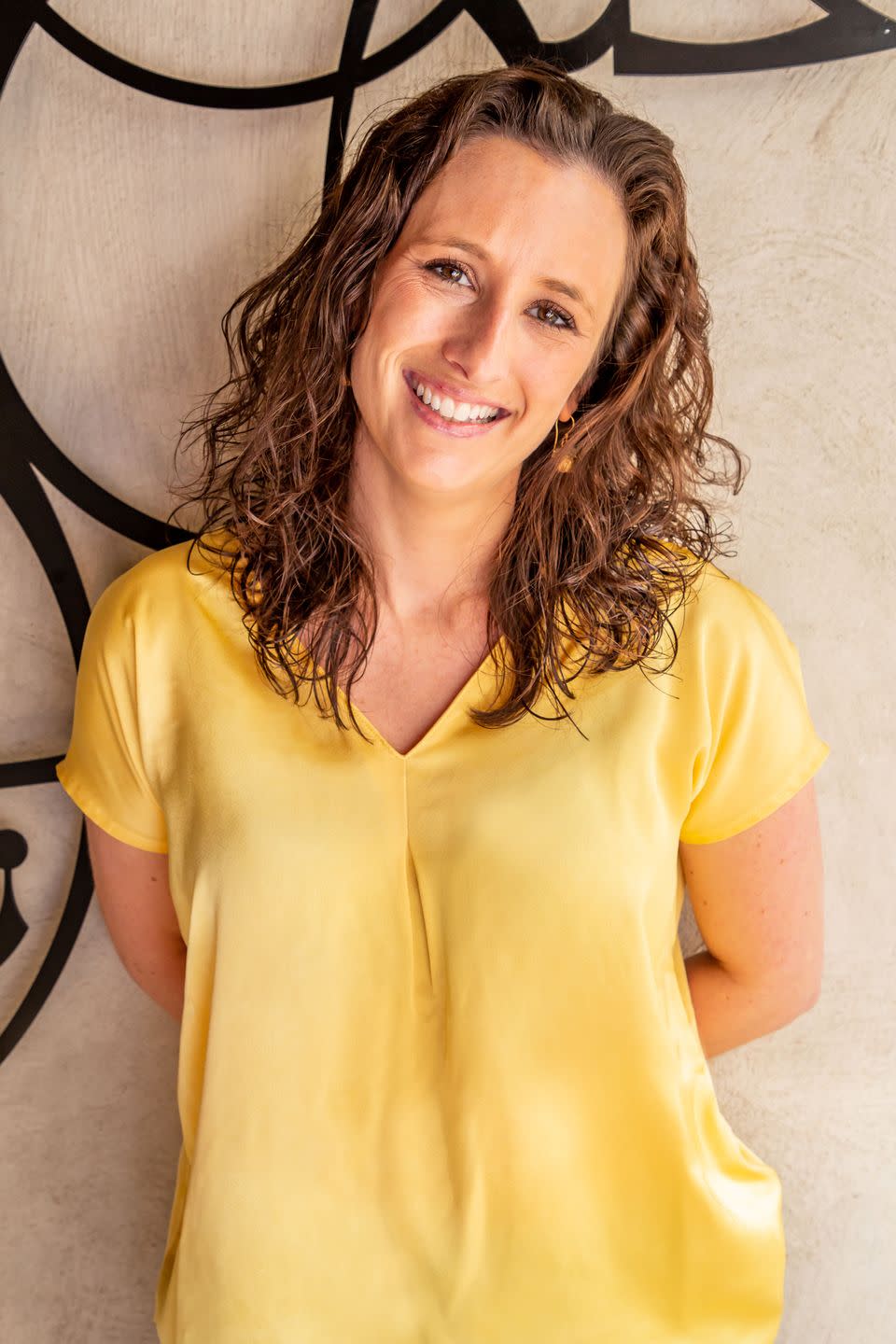Is Covid making you mean? Five ways to stop being judgemental

Mimi Nicklin is a globally recognised millennial thought-leader, specialising in the power of empathy. She is host of the Empathy for Breakfast show, Secrets of The Gap podcast and author of new book Softening the Edge.
As Covid continues to see us locked inside, and we read and feel the strain and pain of people all around us, many of us finding ourselves ever more introverted in our opinions and choices. When our whole lives are being impacted by the decision making of others, and we have a perceived loss of freedom, it can be easy to find ourselves flowing with the tide, placing judgement on the decisions of others and further isolating our opinions. This can become a deeply divisive time, if we let it.
Instead, these weeks should become a period when we come back together in our mutual understanding, in all the things that make us human. Judgement of each other will never be the path to shared happiness. After all, at its core judgement is all about ‘you’ and never about ‘us,’ and, as we recover from these months, it will be ‘we’ and not ‘me’ that will allow us all to thrive.
It is easy to agree that we have seen some of the weakest of mutual human kindness in many years, but there are also sparks of brightness and we need to hold onto those. There has never been a time when we are more open to understanding and cohesion as a society, and our desire to focus on each other continues to build momentum. The pattern is there, but the practice between us is far from widespread enough.
The good news is that being empathetic to each other, and connecting deeply with those around you, isn’t only the right and kind thing to do, but it will make you happier. The fantastically clever thing about our brains is that when we activate our empathy we also see our joy ‘pathways’ light up. From an evolutionary point of view, we are tuned to find empathising and connecting with others rewarding.

Despite an intellectual desire to respond to others without judgement, not making any judgments at all, is pretty much impossible. As humans, we cultivate strong opinions. The difference is that positive opinions can be used to critique and show a common passion for a positive change, whereas being judgmental leads us to being overly critical in an unhelpful or harmful way.
So how can we reduce our judgments this year and connect to each other equally?
Listen to understand, not to reply: commit to making the people you speak to feel like they are the only person in the room (virtual or physical) and then ensure you are truly listening to what they are saying and not what you are preparing to answer.
Choose your words carefully: create judgement free conversations by using phrases such as "what I'm hearing you say is..." to ensure the speaker feels that you heard exactly what they were trying to say.
Be curious: ask questions to better understand each other. The more you delve into the other person’s “why” (their motivation and context) the more likely you are to be able to take away true insight.
Ask for more: powerful understanding can sometimes be as simple as asking people to share more. Often people are waiting to be asked. It is our human nature to want to be listened to. Try asking “can you tell me more?” more often.
Pause for thought: for us to be able to fully communicate and express ourselves, we need time to think as well as to speak. Avoid feeling the need to jump into a silent moment and fill it for the other person, give them the time to fully communicate.
In today’s world, when bullying on Instagram posts or unkind tweets are more normal than compliments, we need to teach our children and remind ourselves to focus more on our shared empathy as human beings. 2021 must become the year empathy goes mainstream if we are to bring social connection and cohesion to the fore, let alone significantly raise our own happiness and confidence levels.
Empathising with those around us won’t only deepen the quality of our relationships but, after the pressures of being locked at home, it will improve our ability to heal and move forward with those we care for. So, perhaps we should ask ourselves dear reader, do we have any other choice?
For more information go to miminicklin.com.
In need of some at-home inspiration? Sign up to our free weekly newsletter for skincare and self-care, the latest cultural hits to read and download, and the little luxuries that make staying in so much more satisfying.
You Might Also Like


